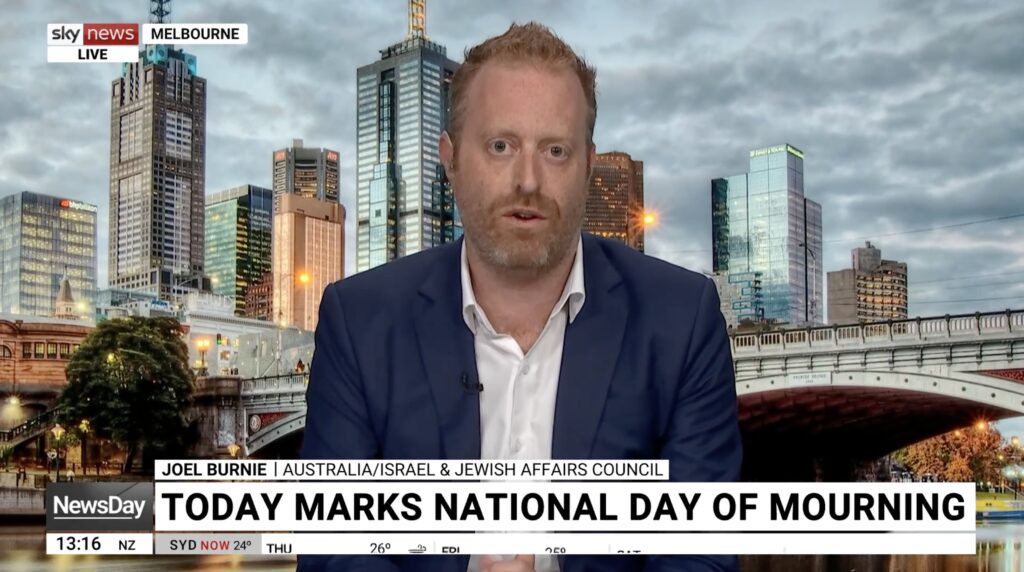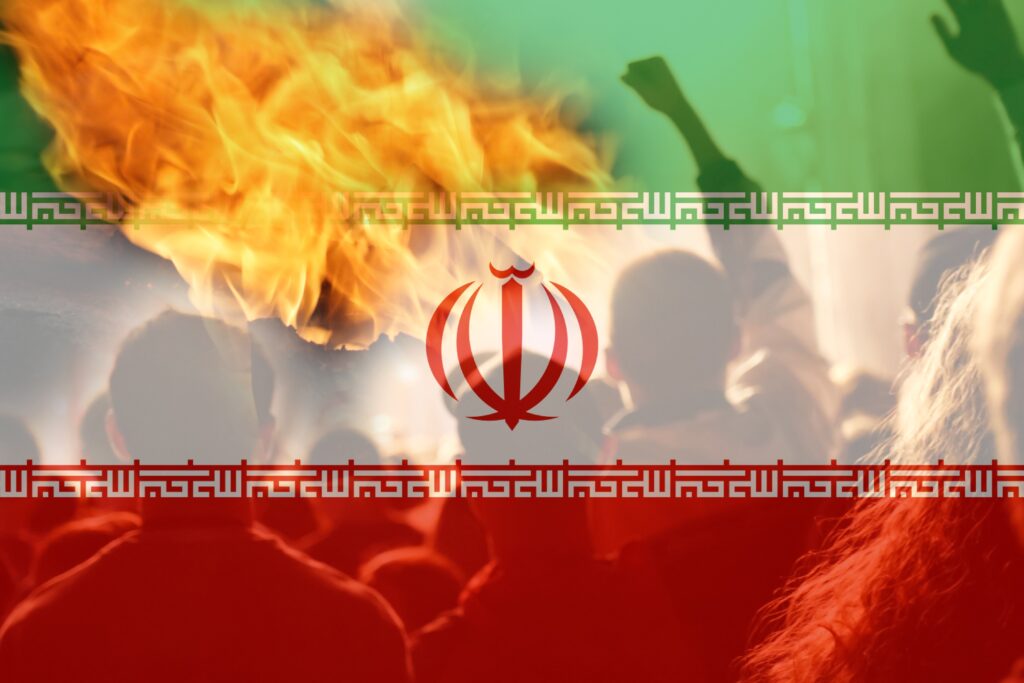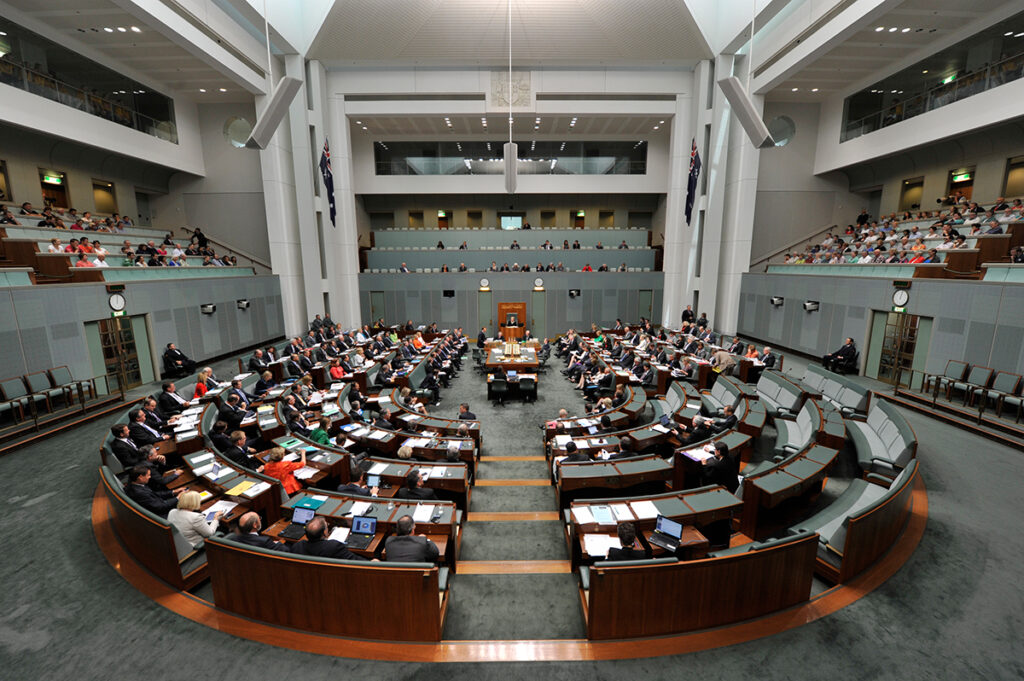IN THE MEDIA
Calling for a one-state solution in Israel and Palestine is calling for a bloodbath
December 9, 2019 | Allon Lee

Canberra Times, December 9 2019
Claims that US Secretary of State Mike Pompeo’s recent statement that Israeli settlements are not, per se, inconsistent with international law has killed the two-state solution, as Crispin Hull argued on these pages last month, misrepresent both history and current day realities.
There was absolutely nothing revolutionary in Pompeo’s statement.
All US administrations since the Carter administration have said settlements are a political and not a legal issue, as Pompeo argued.
The US position has long been to consider the West Bank and Gaza as disputed territories – with Israel having as valid a claim to them as anybody, but their status needing to be settled via negotiations. Settlement building has been regarded as generally unhelpful to the prospects for peace.
Pompeo explained the announcement was a course correction back to that consensus – after the Obama administration, in its final month in office, damaged this bipartisan view when it declined to veto an extreme UN Security Council resolution that called any Jewish presence in the West Bank illegal. This resolution effectively declared Jews have no right to live or pray even in Jerusalem’s Old City – which they have done for 3000 years.
Hull’s ahistorical argument reflects his controversial belief that “the two-state solution has only ever been a cruel hoax and delaying tactic”.
Yet the Palestinian Authority’s (PA) own chief negotiator Saeb Erekat disagrees.
Erekat said: “The only way towards achieving peace in Palestine, Israel, and the entire Middle East is with the freedom and independence of the State of Palestine on the 1967 border with East Jerusalem as its capital.”
Maybe Erekat knows something that Hull doesn’t?
Could it be Erekat’s frank November 2011 admission on Arabic radio “As-Shams” that settlements only cover 1.1 per cent of the West Bank?
How can that 1.1 per cent cancel the prospects for peace?
Erekat knows that it doesn’t and it is also untrue that Israel has treated the two-state solution as a “hoax and delaying tactic” and instead has made deadly serious offers of such a peace.
On the Palestinian Authority’s official TV station last December, Erekat said: “I heard [former Israeli prime minister Ehud] Olmert say [in 2008] that he offered [Palestinian president Mahmoud Abbas] 100 per cent of the West Bank territory. This is true. I’ll testify to this.”
Meanwhile, President Abbas admitted on TV that he rejected “out of hand”, in his own words, Olmert’s offer of the equivalent of 100 per cent of the West Bank and Gaza and shared sovereignty in Jerusalem.
Statements like these expose how the settlements are often weaponised by the PA to falsely argue that it is Israel which refuses a two-state solution, and indeed to delegitimise Israel’s existence in any borders.
The Palestinians are divided and lack democratic and effective governance and their leaders have been unwilling or unable to say yes to repeated Israeli offers of a two-state peace. Therefore, they fall back on campaigning against the settlements and seeking international condemnation of Israel – which is popular on the Palestinian street, but unhelpful to Palestinian welfare and national aspirations.
The reality is that the status quo that has existed since 1994 of extensive Palestinian self-rule on 40 per cent of the West Bank and more than 90 per cent of Palestinians living there, seems to suit the PA.
Hull’s statements that “there is no significant Jewish population” in Gaza and “If Israel wants to keep control and does not want to give it back to Egypt or allow it to be independent, it should offer the people their citizenship rights” show how little he understands that current reality.
In fact, since Israel vacated the Strip completely in 2005, there is no Jewish population there at all. It is ruled by the Islamist terror group Hamas, which seized total power in a 2007 coup against the PA.
And as Hamas foreign minister Mahmoud al-Zahar admitted in January 2012, Gaza is also not occupied. Gaza also shares a border with Egypt that is completely independent of Israeli control. It has been effectively independent of both Israel and the PA for more than 12 years.
Hull also includes the Golan, captured from Syria by Israel in 1967, as a presumably Palestinian area – even though no Palestinians have ever lived there, and it has never been considered part of a future Palestinian state.
It is difficult to take Hull seriously when he makes such basic factual errors.
But if we indulge Hull, what happens the day after Israel disappears and a Palestinian majority state materialises in its place?
Palestinian writer Edward Said, once a leading advocate of the one-state solution, was not reassuring, saying in 2000, “the question of what is going to be the fate of the Jews is very difficult for me. I really don’t know. It worries me”.
Shortly before his passing, Amos Oz, Israel’s fabled man of letters and five-decade campaigner for conciliation between Israelis and Palestinians, told Deutsche Welle, the two-state option remains the only way forward.
Oz said: “We have to divide the house into two smaller next-door apartments. There is no point in even fantasizing that after 100 years of bloodshed and anger and conflict Jews and Arabs will jump into a honeymoon bed and start making love not war.”
Yet Crispin Hull wants to bury the two-state formula – when clearly even left-wing Israelis and the Palestinians themselves know that this would not only negate the aspirations and right to self-determination of both peoples, but almost certainly lead to a bloodbath.
Allon Lee is a senior policy analyst at the Australia/Israel & Jewish Affairs Council.
Tags: Israel, Palestinians





